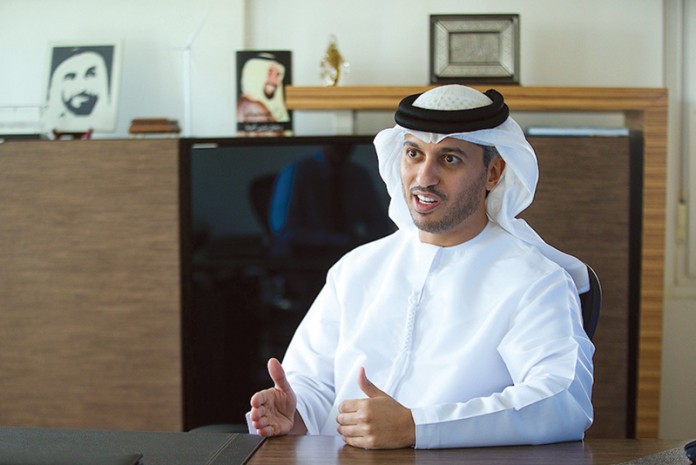Masdar has begun the operational stage of a pilot programme in Ghantoot, Abu Dhabi, which will see 1,500 m3/day of potable water produced over the next year using four unique technologies that will demonstrate commercially viable and energy efficient solutions for renewable-powered desalination.
“The overarching goal of the programme is to identify utility scale and commercially viable desalination technologies that are more energy efficient, can be coupled with renewable energy, and expand access to water within the Middle East and worldwide,” Dr Ahmad Belhoul, chief executive officer of Masdar, told The Source. “Desalination powered by more energy efficient technologies has the potential to save the Emirate of Abu Dhabi US$90 million annually in reduced energy costs.”
After launching the programme in 2013, Masdar partnered with four industry leaders, Abengoa, Suez, Sidem (Veolia) and Trevi Systems, to implement the most advanced and innovative technologies in desalination as a key step to achieving water security and reducing energy consumption in the sector.
Masdar is facilitating market opportunities for clean-tech solutions that are commercially viable, energy efficient and cost effective via the innovations being tested in this programme. Desalination is the major source of potable water in this region but traditional desalination techniques are energy intensive, costly and not sustainable in the long-term.
“The demand for water in the UAE is projected to increase by 30 percent from now until 2030,” added Dr Belhoul. “Water is thus not only essential for the UAE’s sustainable economic growth, but water security is also one of the most imposing long-term challenges for many countries across the world. Through the programme, Masdar anticipates real opportunities for the UAE to bring to market the next generation of desalination technologies, for the benefit of Abu Dhabi, the greater UAE and Middle East, as well as for the world.”
Each partner involved in the programme designed, engineered, constructed and began operating a separate desalination plant. Two categories of seawater desalination technologies are included in the programme: advanced seawater desalination technologies, based on commercially proven systems that are being adapted to lower specific energy consumption; and innovative seawater desalination technologies as new-to-market concepts.








